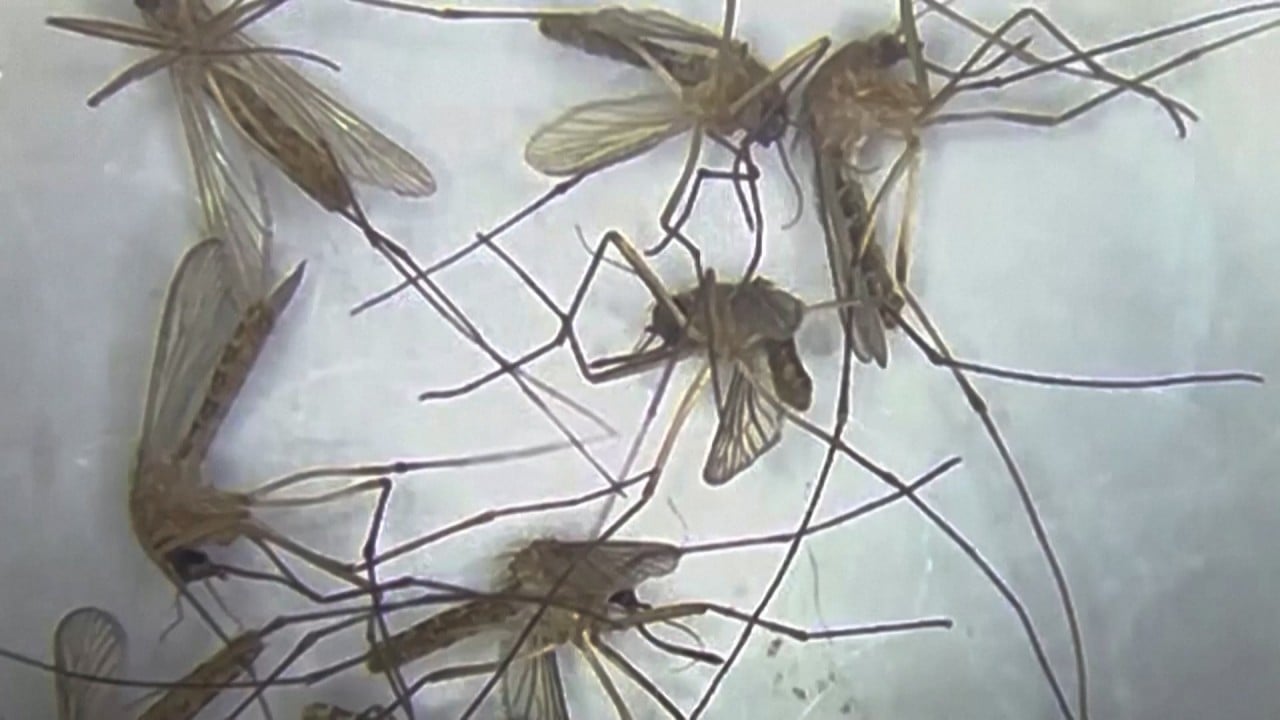Chinese team links mosquito gut bacteria to disease-free zones, offering hope of biocontrol solution for dengue, Zika – Technologist
Dengue and Zika viruses are flaviviruses that can cause potentially fatal infections in humans bitten by infected mosquitoes.
The global health agency has also warned that global warming could push the number of dengue infections even higher because of warmer temperatures, more rain and longer periods of drought.
To look for a safe, effective and ecological method to control mosquito-borne diseases, lead author Cheng Gong, a professor in the department of basic medical sciences at Tsinghua University, heads a team of scientists who started studying mosquitoes in the southwestern Chinese province of Yunnan in 2020.
“During fieldwork, we found that dengue regularly occurs in some areas of the province but not others. The phenomenon caught our attention because these locations share similar climate, environment and mosquito population density. We were driven to find out what made the difference,” Cheng said.
The scientists started collecting thousands of mosquitoes from around Yunnan and isolating bacteria from their guts. They identified a bacterium named Rosenbergiella_YN46 that enabled mosquitoes to resist dengue and Zika infection.
The bacterium secretes an enzyme that acidifies the gut lumen of the insect and prevents viral entry into cells, according to their analysis. The mechanism may also work to stop all flaviviruses – such as the Japanese encephalitis virus and yellow fever virus – from infecting mosquitoes.
First author Wang Daxi, an associate research scientist at BGI Research, said the institute could efficiently analyse the large mosquito sample because of new sequencing technology.
“We are able to examine hundreds of mosquito samples at once and obtain detailed information on bacterial strains and viruses with high accuracy and reasonable cost. The previous lack of advanced equipment was a big obstacle.”
In Yunnan province, the team found the bacterium was more prevalent in the gut of mosquitoes captured in low dengue-incidence cities, such as Wenshan and Puer, than the dengue-endemic areas of Xishuangbanna and Lincang.
Field scientists then built an enclosure in Xishuangbanna and added the bacterium to water where mosquito eggs were laid. They proved it could colonise the mosquitoes’ gut at all life stages, significantly reducing dengue infection of the mosquitoes that were not used to carrying the bacterium.
Cheng, from Tsinghua University, said the findings offered the potential for a nature-based method to stop worldwide mosquito-borne diseases caused by flaviviruses.
“The biocontrol method is based on findings from nature and does not require medical interventions for humans, such as vaccines and specific treatment which has yet to be developed.
“It also does not rely on eliminating mosquitoes, which could develop resistance to insecticides,” he said, adding that mosquitoes were key in the food chain and ecosystem as an important food source for birds and fish.
“The only harmful element is the viruses carried by mosquitoes. When they no longer carry viruses, humans, mosquitoes and animals all coexist in harmony.”
The next step for the team is to identify the source of the bacterium, which Cheng said was likely to come from the leaves, branches or nectar of certain plants. He pointed to previous studies that showed all bacteria species in the Rosenbergiella genus were sourced from plant sap or nectar.
“We can then transfer the plants to Xishuangbanna to further test if mosquitoes can acquire the gut bacterium from feeding from the plants, and stop being infected by flaviviruses,” Cheng said.
“If the plant is suitable to be grown in urban households or residential areas, the fruits of our research could be applied worldwide after assessing its effectiveness, safety and risks to other local plant species.”
